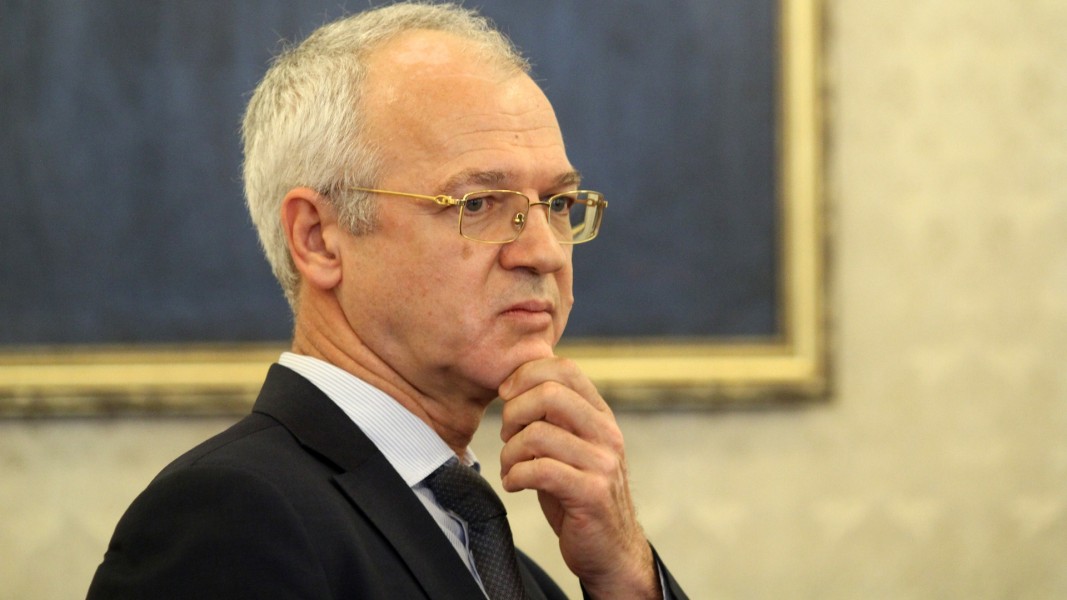The Covid-19 pandemic and anti-epidemic measures, which have been part of our daily lives for a year now, have had an extremely negative impact on a number of sectors. The revival of some of the industries during the summer was too short and was barely felt by those employed in the sphere of entertainment, such as bars and nightclubs, which worked for just 4 months. Some of the restaurants have managed to reorganize their activities entirely and focus on food delivery, but for them losses have also been significant. Despite the reduction in the number of patients, it is still unclear when the establishments will start operating, even with reduced capacity. This has prompted the Association of Establishments in Bulgaria to convene a national protest on January 27th, hoping that their demands would be heard by the government.
Here is what chairman of the Bulgarian Industrial Capital Association, Vasil Velev says:

"Many businesses are already on the edge and delayed support has contributed to that. The money that has not yet been received, had been spent in advance," he said in an interview with BNR. "The expectation of funds from creditors only delays the declaration of bankruptcy, so the situation is not bright at all. Maybe a partial opening should be considered, because long periods of idleness, even with fair compensation, is harmful to the economy, business and people."
What is the situation with compensations?
According to the Ministry of Labor and Social Policy, 40,000 people are currently on unpaid leave and have applied for aid of BGN 24 per day (about 12 euros). However, payment of this money is delayed due to cumbersome bureaucratic procedures. According to Vasil Velev, the state still owns money to some retailers affected by the first wave and the lockdown in March and April 2020:
"The permanent postponement of the compensation for these companies will eventually lead to the fact that there will be no one to be supported. The fact that the jobs under the 60/40 measure have been preserved is not very important, because they will disappear with the closure of enterprises. The same applies to the new measures related to businesses with closed facilities."
Indeed, the risk of a jump in unemployment is not small and its true scale is still unpredictable.
"The start of this year was quite bleak," Georgi Parvanov, a member of the Bulgarian Association for People Management, has told BNR. "In the first week of January, we added 15,000 newly unemployed to the statistics. The total loss of jobs since the beginning of the pandemic has reached about 150 000. In my opinion, there are actually about 200,000 lost jobs, as there are many people on unpaid leave who are not registered as unemployed. The state takes into account the registered unemployed - about 7%. However, if we take unemployment before the pandemic and add these 200,000 lost jobs, the number is much higher. I really hope restaurants and malls will re-open in February."

According to Parvanov, however, it would take some time before people start visiting them again. On the other hand, it is extremely important for the state to pay attention to young people as well. The lack of real social contacts outside, as well as missing opportunities for sports, makes them increasingly desperate. Unemployment growth among them is also visible, but it will not last long, as they tend to re-qualify or seek new development opportunities abroad. It is the outflow of this potential abroad that must be prevented, Mr. Parvanov says.
Editor: Yoan Kolev
English: Alexander Markov
Photos: BGNES, libraryAfter the election for parliament on 27 October, the caretaker government has to submit a draft of a budget for 2025 to parliament by the end of the month. Some economic analysts say the budget of the country for 2024 is the worst in the past decade. Holes..
Bulgaria's economy will grow by 2.3 per cent this year. This is according to the latest World Economic Outlook prepared by the International Monetary Fund and presented today in Washington. This is down from the Fund's April estimate, which predicted that..
In 2023, the government budget deficit was 2% of GDP or €1.9 billion. This is indicated by the final data of the National Statistical Institute. This is a significant narrowing of the budget deficit compared to the previous 3 years...

+359 2 9336 661
